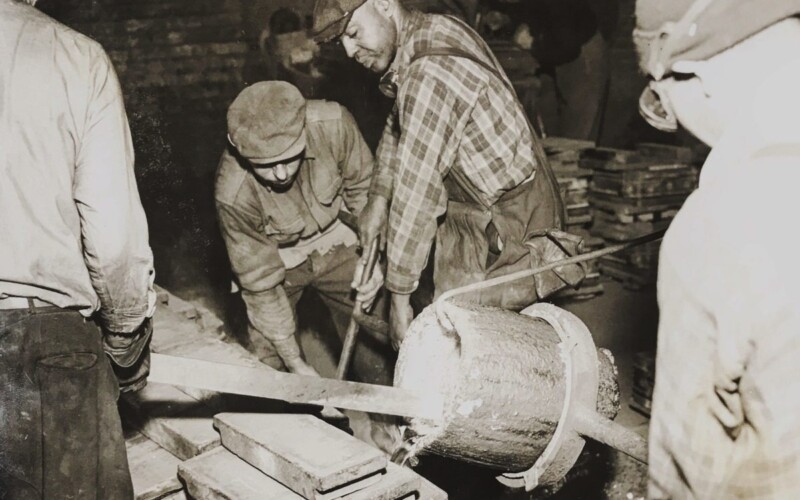We have experience hosting a range of audiences, from college classes to birthday parties to company outings, and we customize our tours to meet your group’s interests and needs.
Book a private tour today
Cruise through the industrial waterways of New York Harbor around Staten Island en route to Freshkills Park—formerly the world’s largest landfill, this 2,200-acre site is being transformed into one of …
Read more
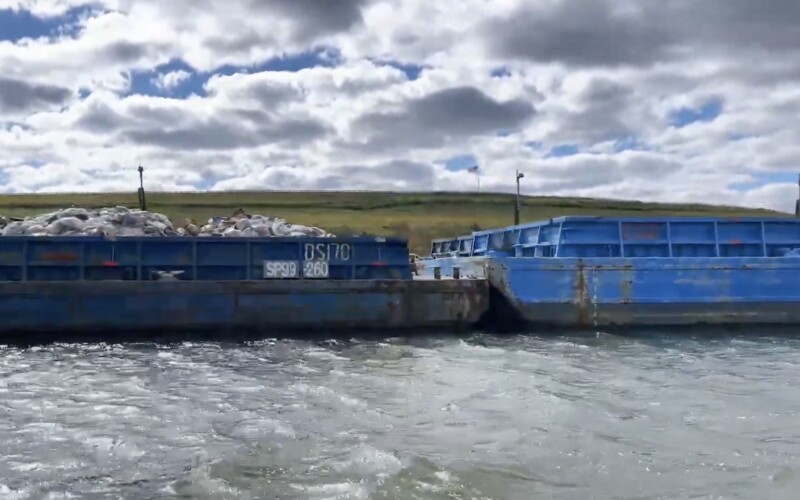
In honor of Fleet Week New York and Memorial Day, we again worked with Classic Harbor Line to offer this special tour focusing on the military history of New York Harbor—and this time we …
Read more
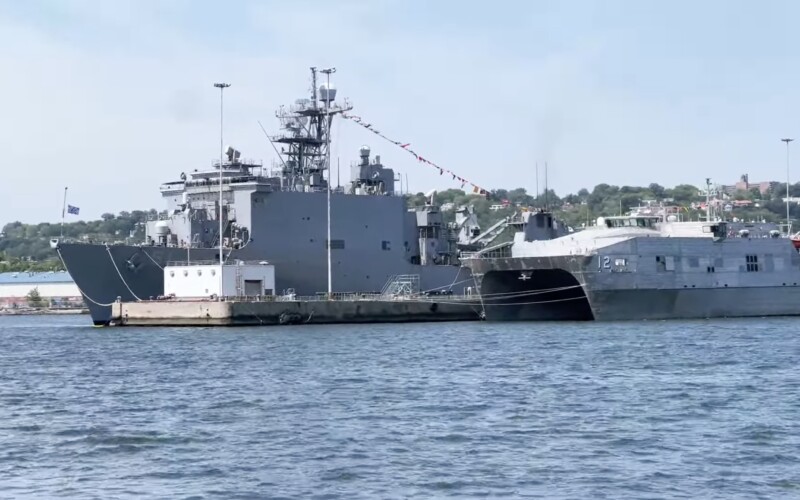
Join architect Sara Zewde for this live virtual program as she shares her recent research on the impact of Frederick Law Olmsted’s journeys through the Slave States on his practice …
Read more
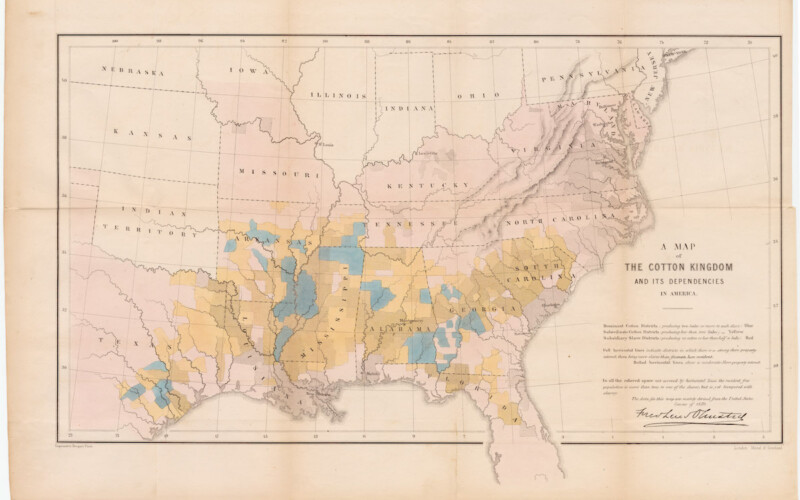
Join historian and filmmaker Laurence Cotton, originator of and consulting producer to the PBS special Frederick Law Olmsted: Designing America, as he shares the remarkable life and career of the …
Read more
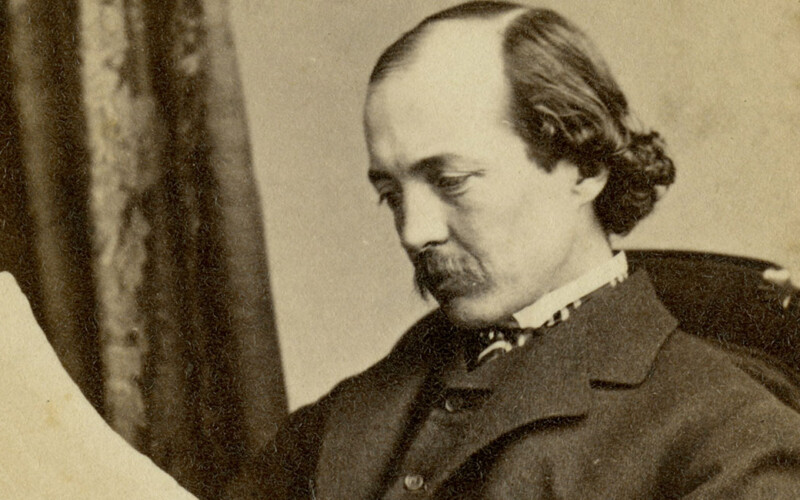
More than 50 Brooklyn Navy Yard tenants welcomed the public on Open House New York Weekend, with manufacturers, artists, designers, and eateries hosting tours and open studios. We again hosted a …
Read more
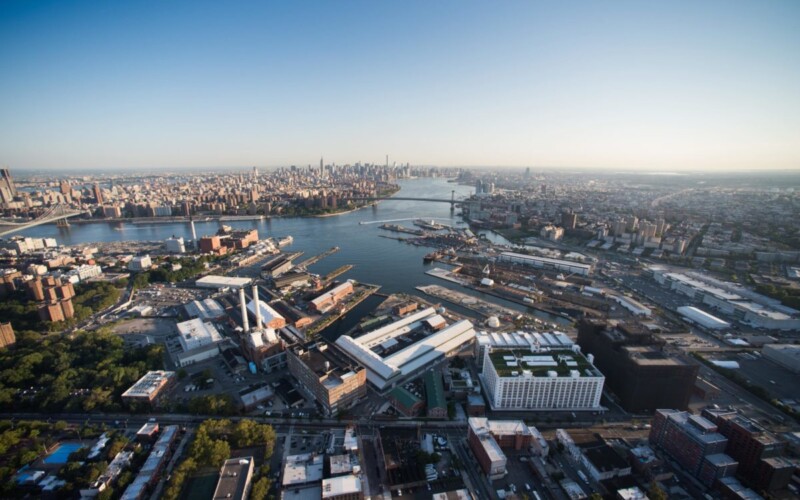
The Waterfront Museum presents the final session of The Tideshift Project, featuring stories of waterfront workers from the pre-containerization era and people working in today’s final mile shipping industry. Tideshift is …
Read more
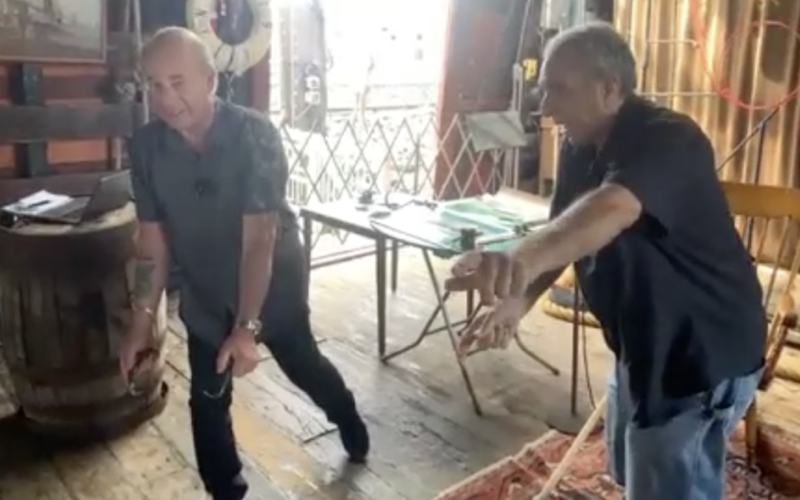
In 1879, Scottish-born businessman Robert Gair stumbled upon an invention that would transform packaging and consumer products forever: a fast, mechanized way to manufacture cardboard boxes. This invention would grow …
Read more
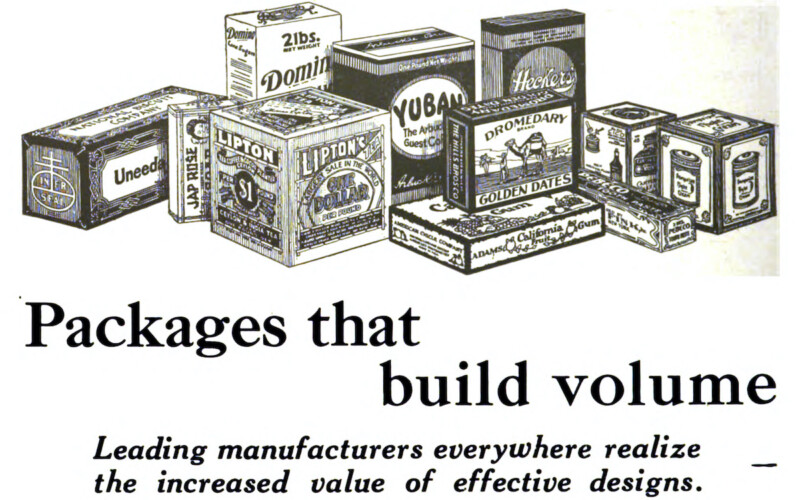
After a two-year hiatus, Fleet Week New York is back! So to mark the day that units arrive in New York for the celebration, we will be looking at some of the …
Read more
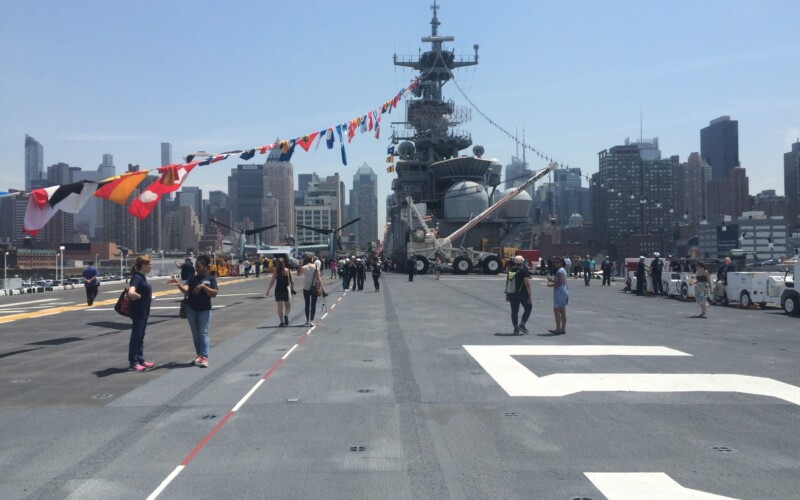
The Waterfront Museum presents the Barge Family Reunion Celebration, stories and images from people who have lived and worked aboard barges and their families. This is the second part of The …
Read more
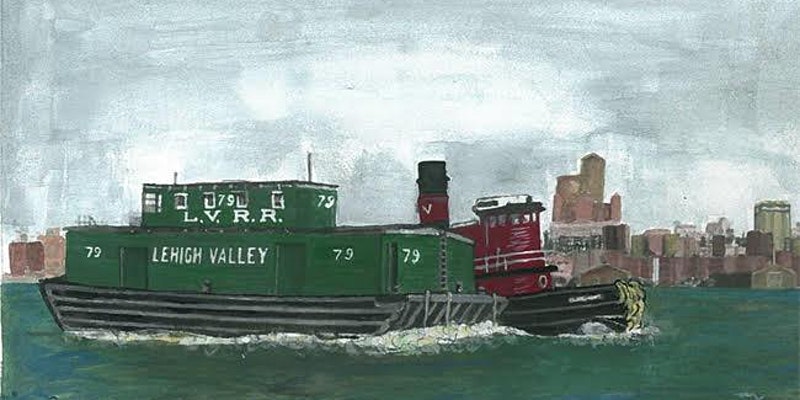
While the Staten Island Ferry is the oldest continuously operating ferry line in New York City, the NYC Ferry to the island is the newest. Ride with us from the …
Read more
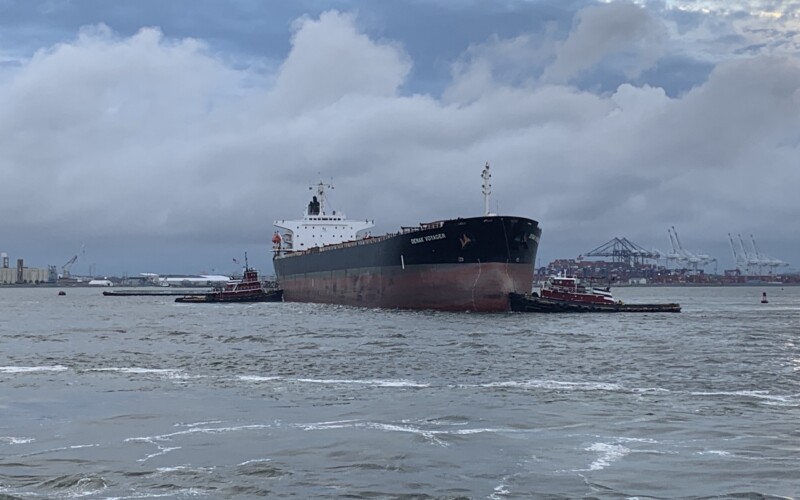
Waterfront workers were at the vanguard of the labor movement; the word “strike” has its origins in work stoppages on the London docks in 1768, when sailors “struck” the sails …
Read more
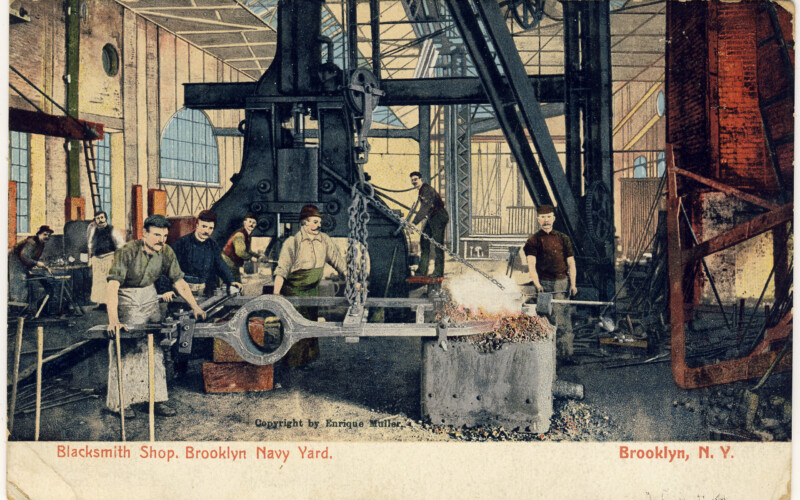
Following the Bolshevik Revolution and Russia signing a separate peace with Germany, the Allied nations launched a military intervention to try to topple the new Soviet government. A small force …
Read more
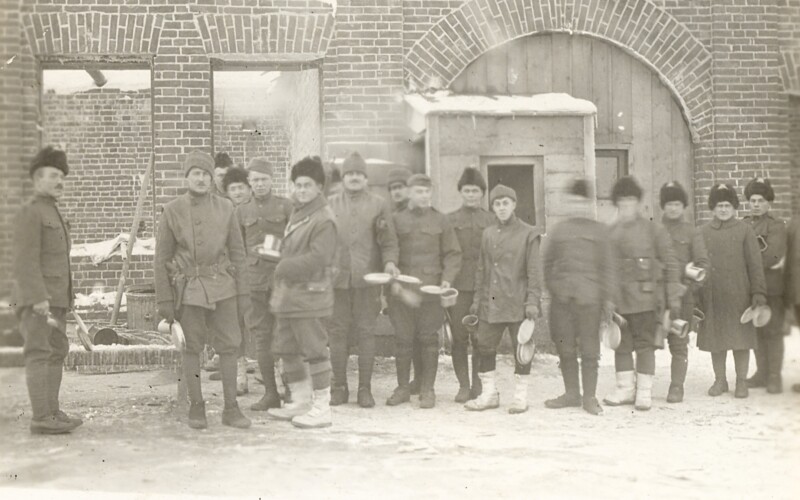
Most of the same food carts selling the ubiquitous street meat also offer a strikingly vegan dish that is both traditional and modern. Falafel checks all the boxes from traditional, …
Read more
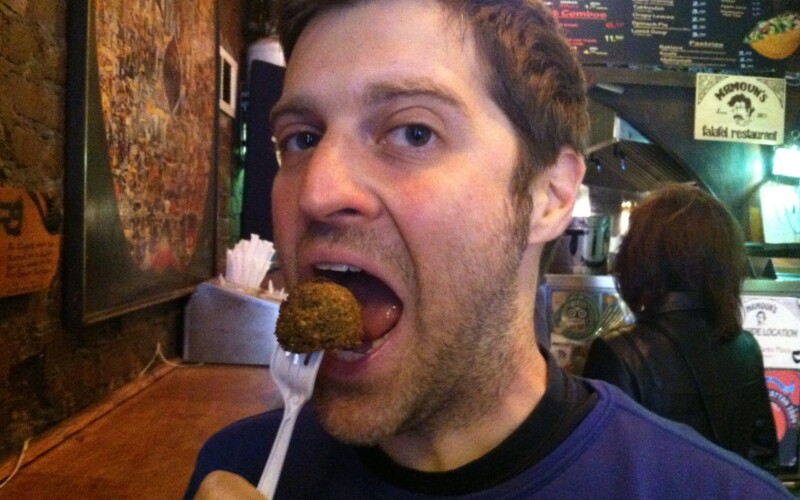
Join us for a special virtual tour in celebration of Frederick Law Olmsted’s 200th birthday that explores two of his New York City masterpieces—Central Park and Prospect Park. Built a …
Read more
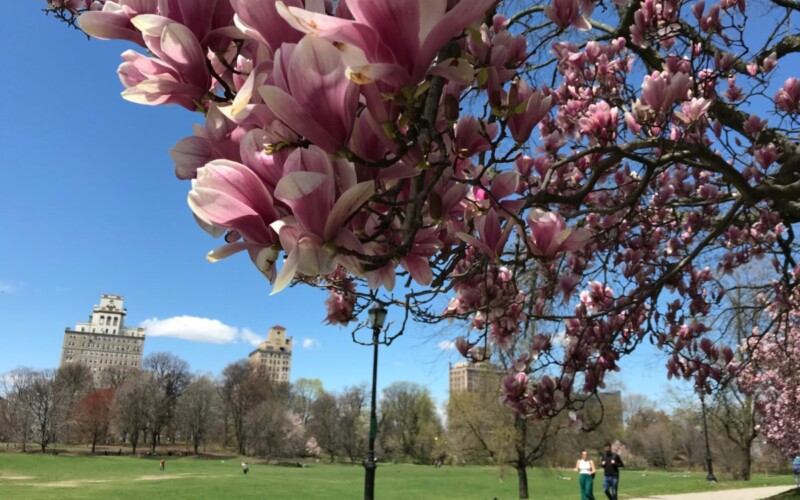
The history and legacy of the Second World War can be seen all around us in Brooklyn. Once home to hundreds of factories, shipyards, and warehouses, and responsible for sending …
Read more
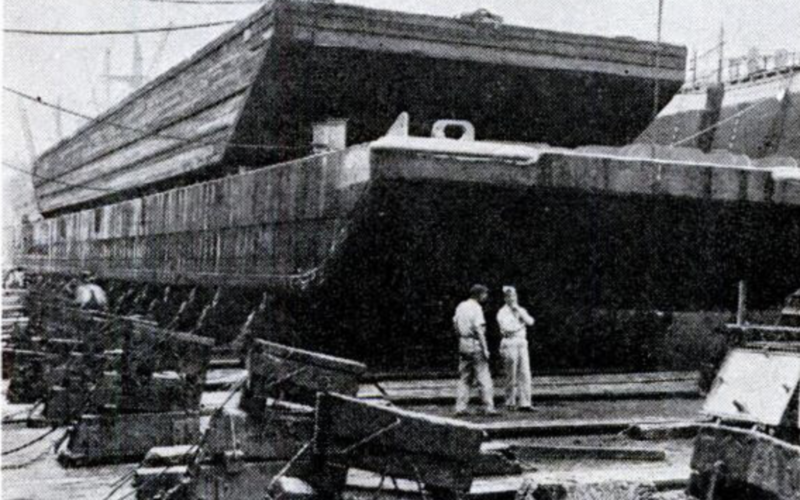
With the recent release of a feasibility study by the MTA on the “Interborough Express,” a little-known stretch of train tracks is suddenly in the news. The Bay Ridge Branch is a …
Read more
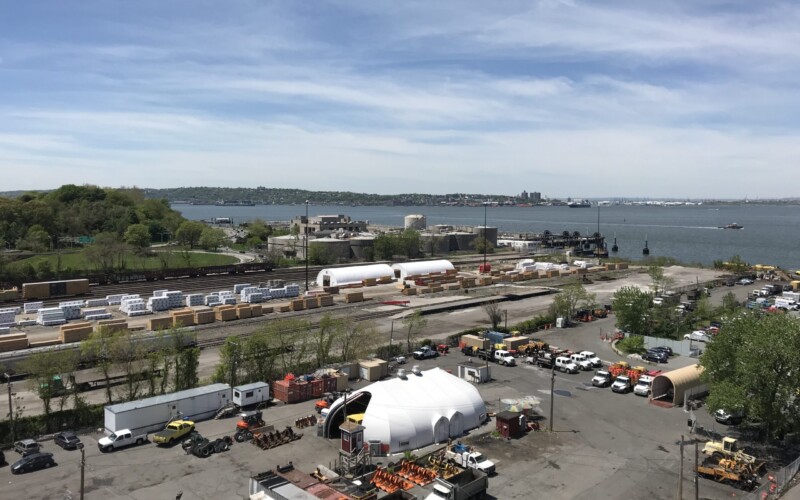
While New York City sat at the nexus of many important canals built in the 19th century — the Erie, Morris, and Delaware & Raritan among them — the city …
Read more
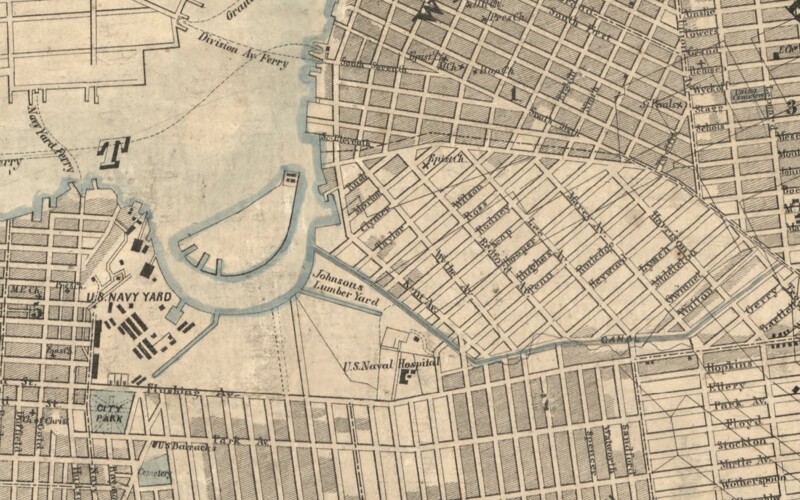
To celebrate the Brooklyn Navy Yard’s 221st birthday, which takes place during Black History Month, we’re looking at the past and present of Black trailblazers and innovators at the Yard. …
Read more
